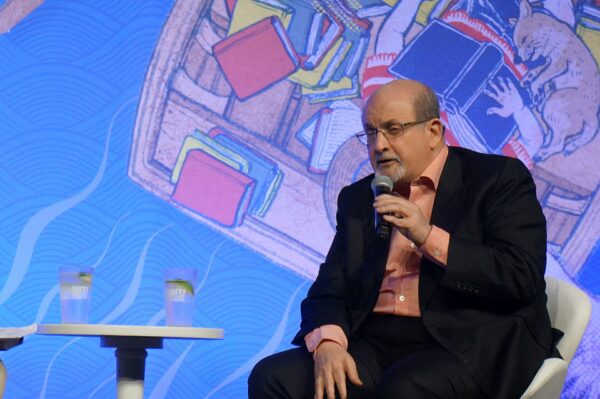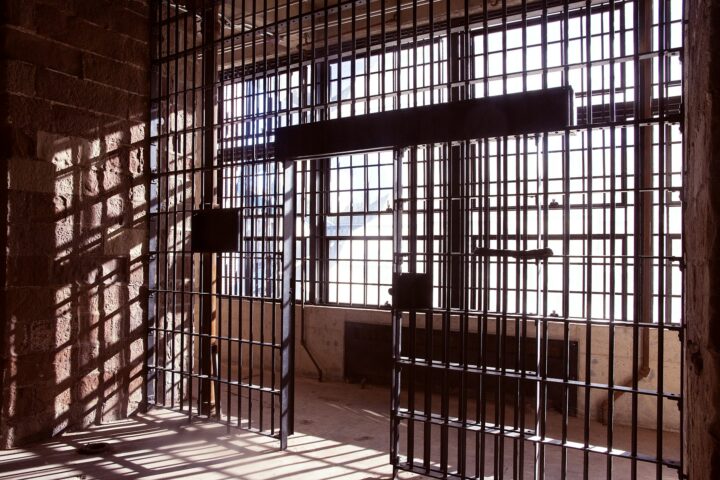A New Jersey man who attacked renowned author Salman Rushdie onstage at a literary event in western New York was sentenced Friday to 25 years in prison, bringing to a close a case that reignited global conversations about free speech, extremism, and the dangers faced by writers.
Hadi Matar, 27, was convicted earlier this year of attempted second-degree murder and assault after rushing the stage and stabbing Rushdie multiple times during a speaking engagement at the Chautauqua Institution in August 2022.
The brutal attack left the author of The Satanic Verses blind in one eye and with lasting injuries to his hand and internal organs.
Rushdie, now 77, spent months recovering and later detailed the experience in a memoir titled Knife.
He recounted the moment of the assault as sudden and chaotic, marked by violence that he had long feared but hoped to avoid after living under the shadow of a decades-old religious death warrant.
The attack bore the unmistakable imprint of ideological extremism.
Matar, a dual U.S.-Lebanese national, had reportedly been radicalized in part by online materials and speeches supportive of the fatwa issued in 1989 by Iran’s Supreme Leader Ayatollah Ruhollah Khomeini, which called for Rushdie’s assassination over his controversial novel.
Though Matar admitted to being inspired by the fatwa, he conceded in interviews that he had read only a few pages of Rushdie’s work.
During the sentencing, prosecutors emphasized the premeditated nature of the attack, arguing that Matar had studied Rushdie’s appearances and traveled specifically to confront him.
They called the crime not just an act of violence against a person, but an assault on the principles of open dialogue and literary freedom.
In addition to the primary sentence, Matar received a concurrent seven-year term for injuring Henry Reese, the co-founder of a nonprofit supporting persecuted writers, who was moderating the event at the time and sustained a facial wound while trying to intervene.
Matar, who did not testify in his own defense, showed no remorse throughout the proceedings. His attorneys argued that the stabbing was a sudden, unplanned act, but jurors returned a guilty verdict after less than two hours of deliberation.
He also faces pending federal charges related to terrorism, including providing material support to Hezbollah, which could result in additional penalties.
The attack sent shockwaves through the global literary community and renewed calls for greater protection for authors and public intellectuals.
As Rushdie continues his recovery and advocacy, the case stands as a chilling reminder of the risks writers face when their work challenges ideological or religious orthodoxy.
[READ MORE: Trump Slams Comey After Perceived Assassination Threat]








